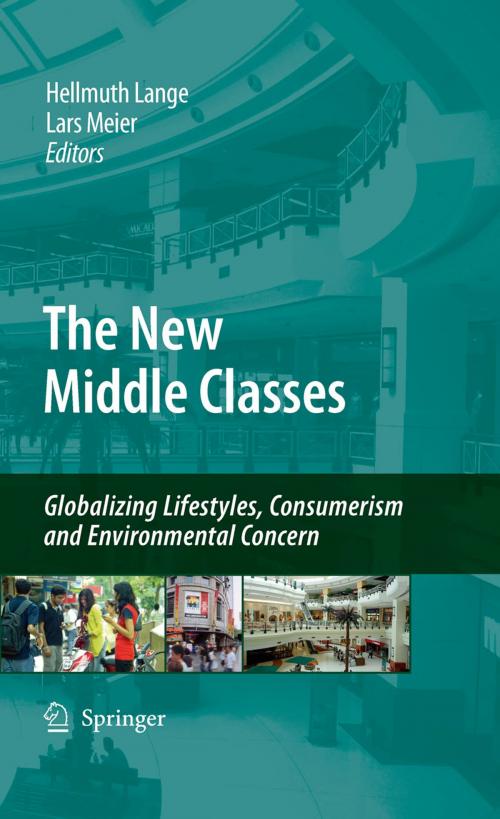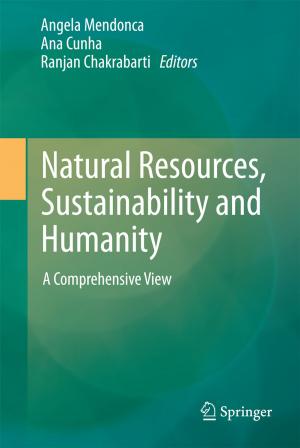The New Middle Classes
Globalizing Lifestyles, Consumerism and Environmental Concern
Nonfiction, Science & Nature, Science, Biological Sciences, Environmental Science, Social & Cultural Studies, Social Science, Sociology| Author: | ISBN: | 9781402099380 | |
| Publisher: | Springer Netherlands | Publication: | June 10, 2009 |
| Imprint: | Springer | Language: | English |
| Author: | |
| ISBN: | 9781402099380 |
| Publisher: | Springer Netherlands |
| Publication: | June 10, 2009 |
| Imprint: | Springer |
| Language: | English |
With respect to the developing and threshold economies, it is no longer the poor who are the only focus of media attention. Today, the new middle classes are about to take centre stage, too. With their lifestyles and attitudes, the new middle classes are considered to be both the products as well as the promoters of globalization. They are a highly heterogeneousgroup in socio-economicterms as well as in habits 1 and preferences, including their societal role as consumers and citizens. The ?rst wave of scholarly and political attention can be traced back to the mid-nineties. The focal point was surprise and unease about indubitable symptoms of consumerism which, until then had been seen as a characteristic of the richest western societies. However, since the nineties, consumerism has run rampant in - velopingcountriestoo.Thishasparticularlybeennotedwithrespecttotheemerging middle classes in South East Asia. The “will to consume seemed inexhaustible, and appetites insatiable. This rage to consume [...] was both celebrated and feared by political leadersand other social/moralgatekeepers,who beganto condemnthe p- cess as ‘Westernization’ and even ‘westoxi?cation”’ (Chua 2000: xii). Ever since, the debate about the lifestyles of the new middle classes and their role in society has gained momentum.
With respect to the developing and threshold economies, it is no longer the poor who are the only focus of media attention. Today, the new middle classes are about to take centre stage, too. With their lifestyles and attitudes, the new middle classes are considered to be both the products as well as the promoters of globalization. They are a highly heterogeneousgroup in socio-economicterms as well as in habits 1 and preferences, including their societal role as consumers and citizens. The ?rst wave of scholarly and political attention can be traced back to the mid-nineties. The focal point was surprise and unease about indubitable symptoms of consumerism which, until then had been seen as a characteristic of the richest western societies. However, since the nineties, consumerism has run rampant in - velopingcountriestoo.Thishasparticularlybeennotedwithrespecttotheemerging middle classes in South East Asia. The “will to consume seemed inexhaustible, and appetites insatiable. This rage to consume [...] was both celebrated and feared by political leadersand other social/moralgatekeepers,who beganto condemnthe p- cess as ‘Westernization’ and even ‘westoxi?cation”’ (Chua 2000: xii). Ever since, the debate about the lifestyles of the new middle classes and their role in society has gained momentum.















